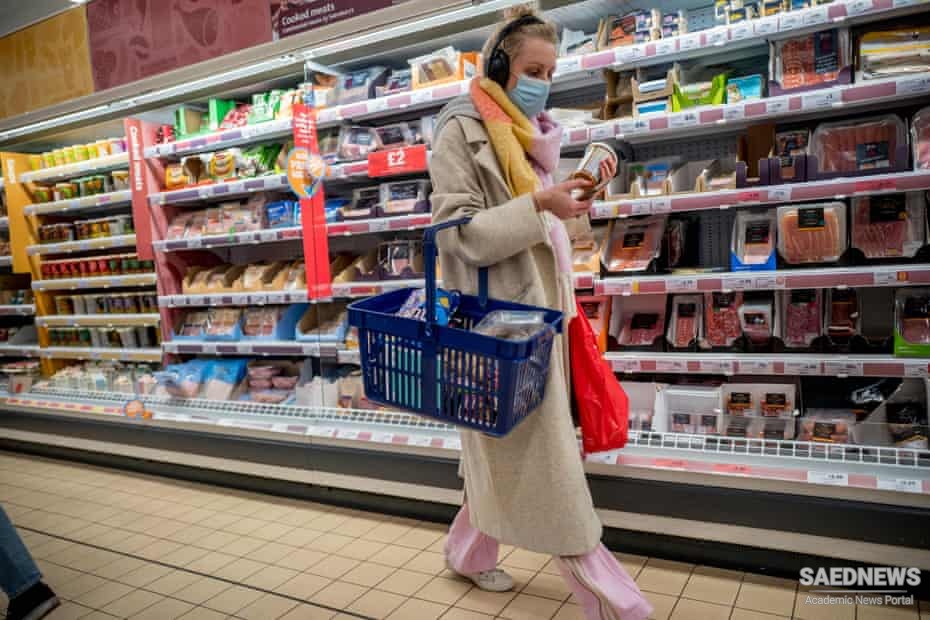London, SAEDNEWS: The Office for National Statistics said in a statement that consumer Prices Index (CPI) inflation reached 5.5% in January, up from 5.4% in December, the highest level since March 1992, when it stood at 7.1%.
Rising energy prices and fuel costs have been the biggest factors in driving inflation up to a near 30-year high, though food and drink prices and many everyday essentials have also been on the rise.
“Clothing and footwear pushed inflation up this month and although there were still the traditional price drops, it was the smallest January fall since 1990, with fewer sales than last year," Grant Fitzner, chief economist at the UK's Office for National Statistics, said adding that the rising costs of some household goods and increases in rents have also pushed up inflation.
The increase in British consumer prices' annual rate may reinforce the chances that the Bank of England raise interest rates for a third meeting in a row.
Earlier this month, the Bank of England warned that consumer price inflation could peak at about 7.25% by April, when a 54% rise in regulated household energy bills take effect, squeezing households hard.
The BoE has already raised interest rates twice since December - lifting rates to 0.5% from 0.1% - and financial markets expect a further rate rise to 0.75% or 1% on March 17 after the BoE's next meeting.
The British central bank does not expect inflation to return to its 2% target until early in 2024, although most economists think inflation will fall faster.
The latest figures also revealed salary rises are already lagging behind inflation, with average basic pay (excluding bonuses), rising by 3.7% per year in the three months to December, behind rising prices.
Chancellor Rishi Sunak has so far resisted growing calls for his tax rise to be postponed, instead offering support including a state-funded £200 discount on energy bills in October, which households will need to repay eventually.
“We understand the pressures people are facing with the cost of living. These are global challenges but we have listened to people’s concerns and recently stepped in to provide millions of households with up to £350 to help with rising energy bills,” he said.
Wednesday's data showed further inflation pressure ahead as manufacturers increased their prices by 9.9% from January last year, the biggest annual jump since September 2008.
Core inflation, which excludes sometimes volatile prices for energy, food, alcohol and tobacco, rose to 4.4% in January from 4.2% in December, its highest since these records began in 1997.
Retail price inflation - a longer-running series which the ONS says is no longer accurate, but which is used in commercial contracts and to set interest payments for some government bonds - was the highest since March 1991 in January at 7.8%.
Isabel Stockton, a research economist at the Institute for Fiscal Studies (IFS), said the annual RPI inflation will add billions of pounds to the UK’s debt interest bill this fiscal year, adding that it could be £11 billion more than forecast back in October.
This phenomenon is not unique to the UK. The US and many other parts of the world are also suffering from inflation. US consumer price inflation hit a 40-year high of 7.5% in January, while inflation in the euro zone was 5.1%, the highest since the European single currency's creation.


 Ukrainian ambassador says Kiev ‘might’ drop bid to join NATO
Ukrainian ambassador says Kiev ‘might’ drop bid to join NATO














































